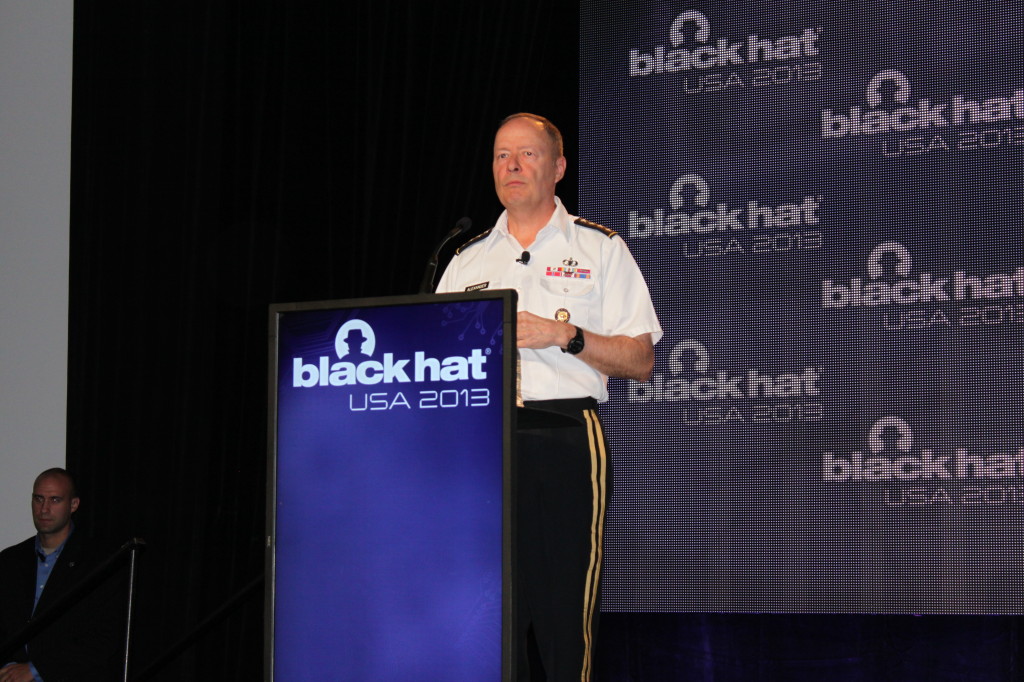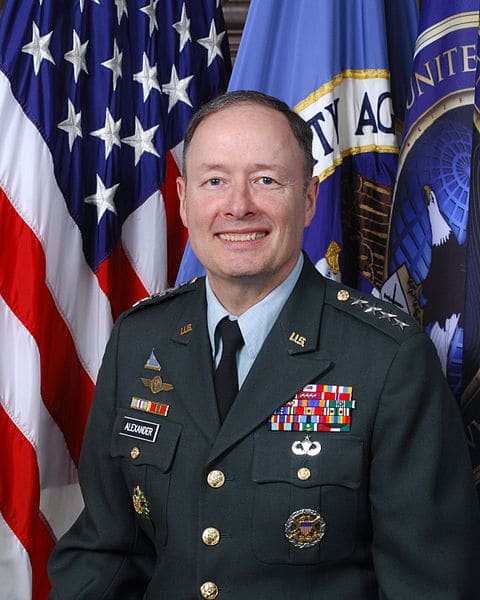It’s ironic that government surveillance might push the public to embrace technology pioneered by the Department of Defense. But so it is: new metrics from The Tor Project show that use of the online anonymity service has exploded since early June: up more than 100 percent, from just over 500,000 global users to more than 1.2 million. Why the sudden surge in privacy conscious Internet users? It would be easy to connect the dots between revelations about the U.S. government’s omnibus data gathering program PRISM and the sudden desire of Internet users to sacrifice some speed and performance for the privilege of having their online doings passed through The Onion Router. Still, it’s not clear that this is the case. To be sure: growth is being seen across the board, not just in active users, but in the number of ToR clients running, the data suggests. There are steep increases […]
DoD
Anonymous Email Services Shutter In Wake Of Snowden
Faced with the prospect of being forced to turn over metadata from their customers’ private correspondence to secret courts in the U.S. or other countries, two prominent secure e-mail services decided this week to cease operation. The secure email service Lavabit – lately the choice of NSA leaker Edward Snowden – announced that it was ceasing operations on Thursday after ten years of operation. The announcement was followed, on Friday, by a similar one from the security firm Silent Circle, which operated Silent Mail. Both companies cited the difficulty of securing e-mail communications and the prospect of secret government subpoenas to obtain information on the activities of their customers as the reason for deciding to stop offering secure email services. In a message posted on the Lavabit.com web site, owner and operator Ladar Levison said that he was being forced to “become complicit in crimes against the American people or […]
U.S. Cyber Chief Says “Trust Us” On NSA Spying
The head of the U.S. Cyber Command, Four-Star General Keith Alexander, told an audience of skeptical and sometimes hostile security experts and hackers that they should have faith that the U.S. National Security Agency (NSA) isn’t abusing its access to cell phone meta data and other online communications in its pursuit of terrorists who “live among us.” Speaking before a packed audience that included some of the country’s top computer security and privacy experts, Alexander spoke in measured tones about PRISM, the omnibus data collection program that was exposed in documents leaked by a former Booz Allen Hamilton contractor, Edward Snowden, saying that it had directly led to the disruption of 53 of 54 discrete “terrorist related activities” in the U.S., Europe, Asia and Africa since the September 11, 2001 terrorist attacks on New York and Washington, D.C. Adopting images and a tone common in the years immediately following 9/11, […]
PRISM Watch: US Cyber Command Chief Addresses Black Hat
I’m here at the Black Hat Briefings in Las Vegas, the U.S.’s most prominent “hacker con.” I’ll be bringing you news and updates from the show and (a bit) from DEFCON for the remainder of the week. As for the Briefings – the long and short of things is that all the buzz right now is about General Keith Alexander’s keynote speech this morning. Of course, keynotes are always a big deal, but its not even 8:00 AM and there’s a bit of a crush in the press room, with TV crews from major media outlets setting up in the Augustus ballroom, where Alexander will speak. Why? This speech is big because its one of the first – if not the first – post-PRISM public address by Gen. Alexander, who is the Commander of U.S. Cyber Command (USCYBERCOM) since the leaks by former NSA contractor Edward Snowden burst into the […]
NSA’s PRISM Puts Privacy Startup Silent Circle Into Orbit
Government surveillance has been getting a lot of attention in recent weeks, with the leak of classified information about spying by the National Security Agency using information provided by U.S. telecommunications and Internet firms including Verizon, Facebook, Google and Apple. The stories have revealed the very different legal standards that govern electronic communications and more traditional communications such as phone and postal mail. They have also put many otherwise lawful Internet users in search of technology that will keep their private conversations and thoughts well…private. That, in turn, has sparked concern in the government that civilian use of encryption will hamper lawful interception of communications. Wired.com reported last week that, for the first time, encryption thwarted government surveillance under court-approved wiretaps. That report, from the U.S. Administrative Office of the Courts (AO), said encryption was reported for 15 wiretaps in 2012, compared with just 7 wiretaps conducted during previous years. […]





